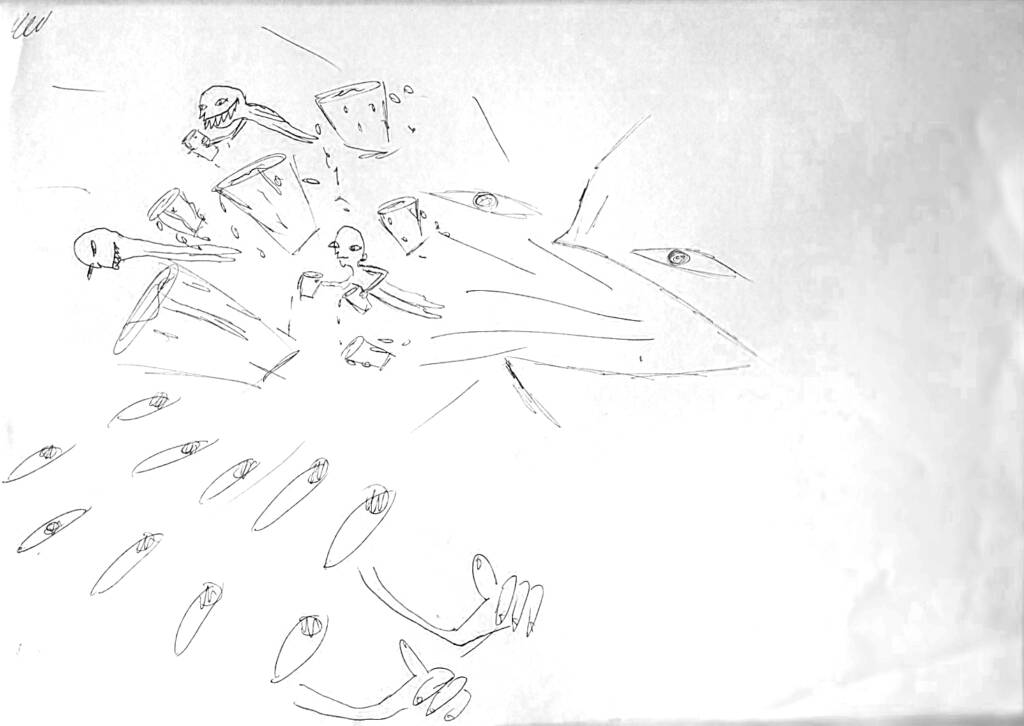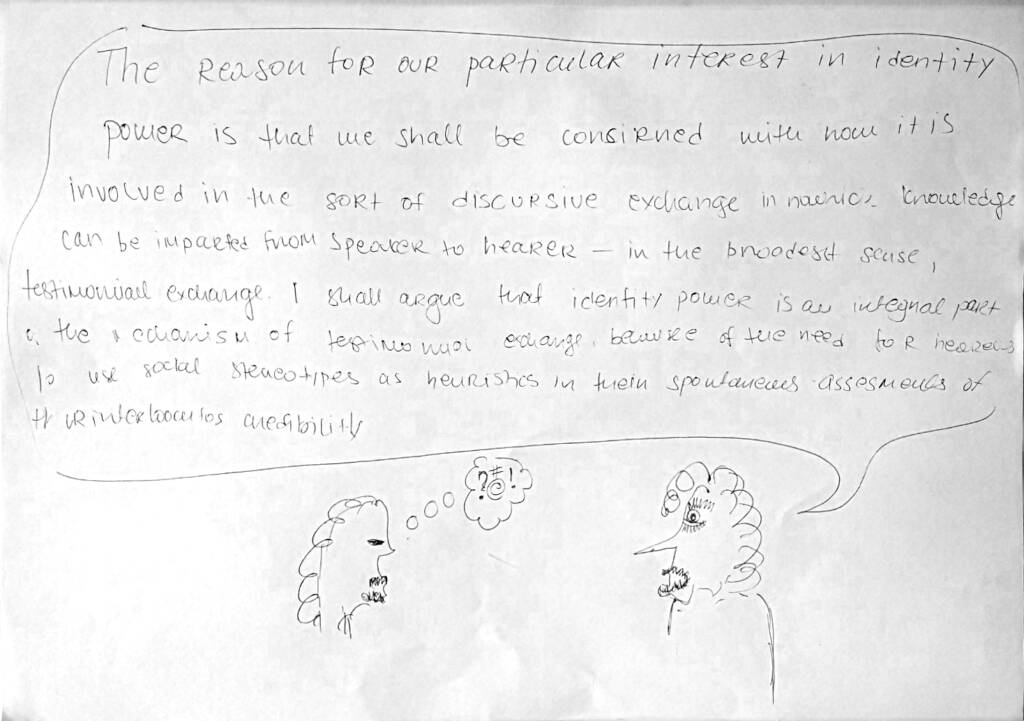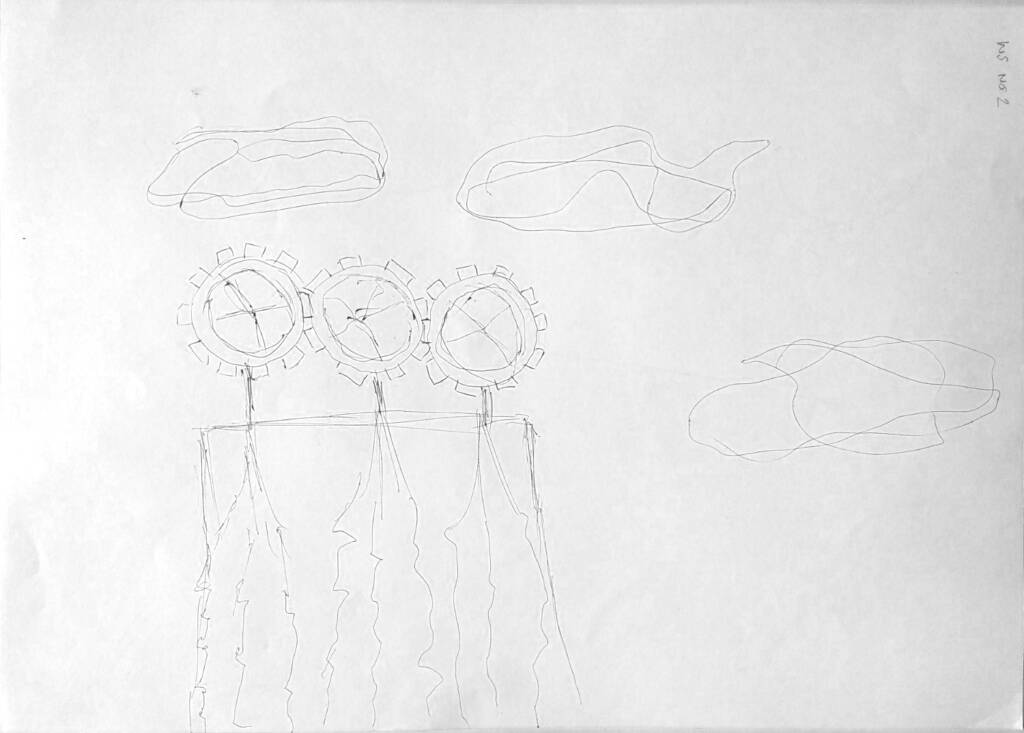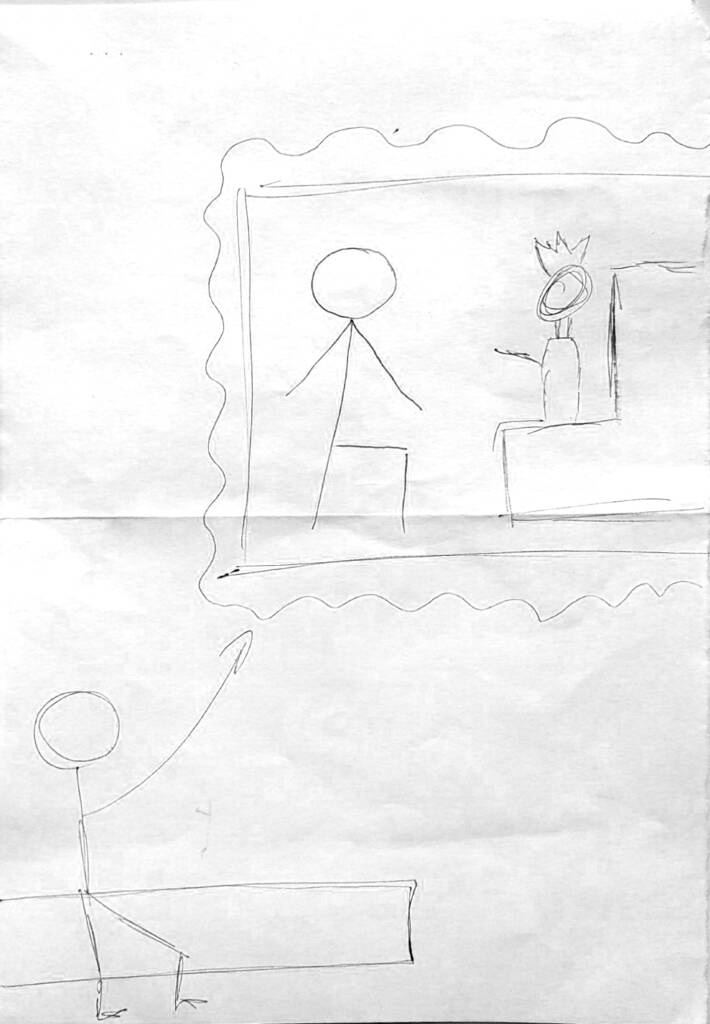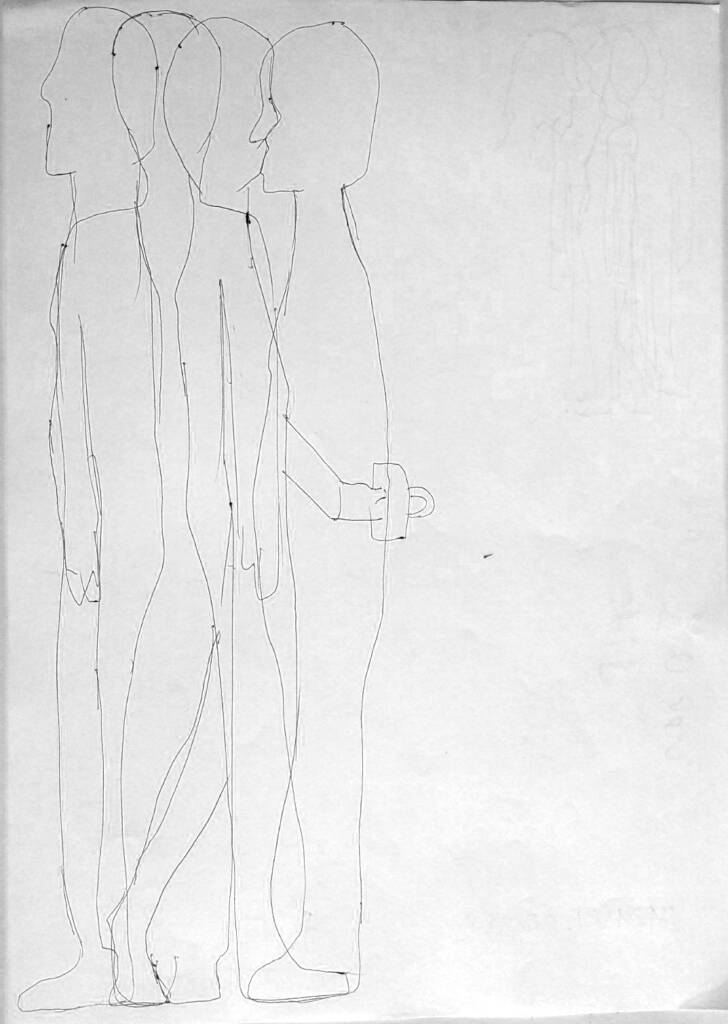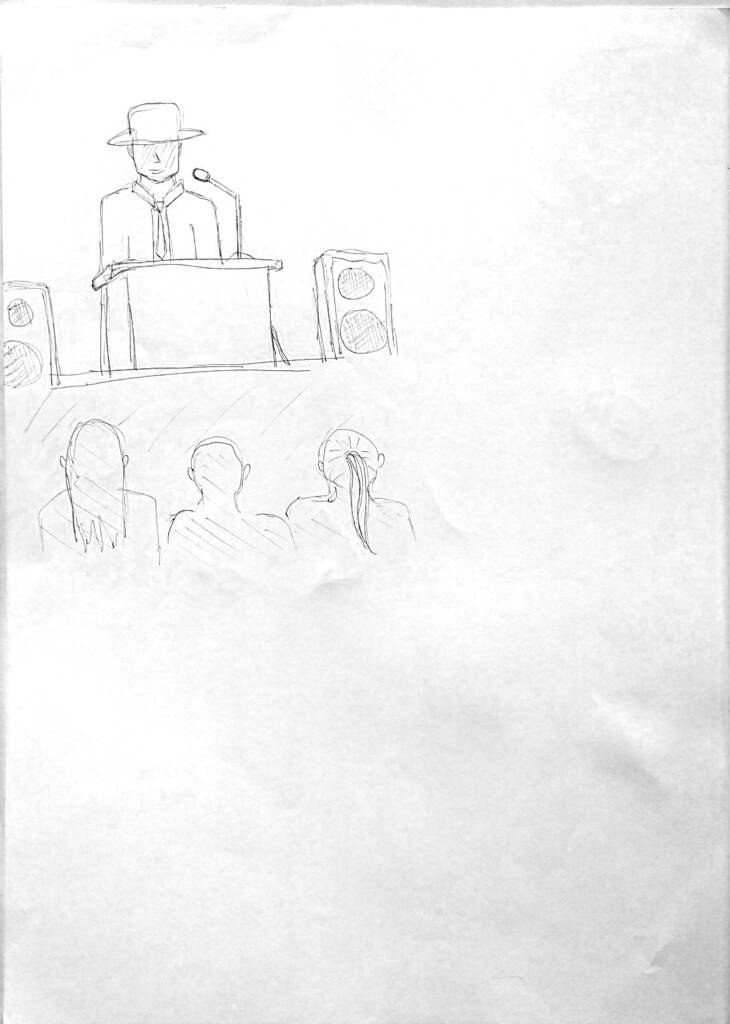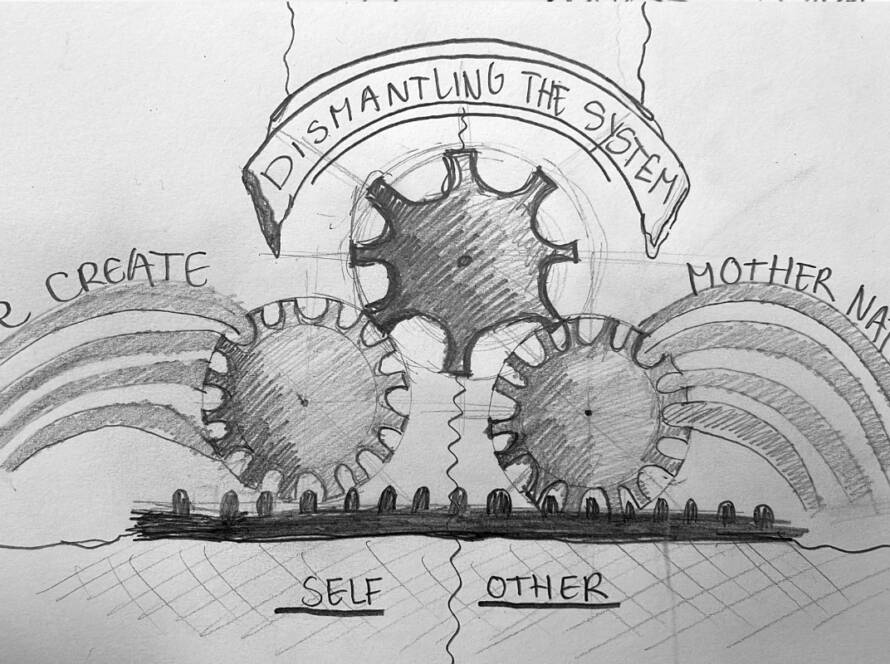In from the margins – Sharing footnotes of subaltern knowledge and practices:
Questioning North-South relations and ethics of international collaboration
Belgrade 26-28th June, 2023
Our second workshop was tilted ‘Respons*able drawing as tool to confront epistemic injustice’:
‘Subaltern knowledge’ is often conveyed through performative practices, oral exchanges and cultural rituals. As the Euro-American academic tradition is based on textual sources, these subaltern epistemic sources have been dismissed in scholarly discourses in the Global North until very recently. To confront this ‘epistemic injustice’ (Miranda Fricker), we proposed the approach of respons*able drawing as aesthetic strategy to foster participation and representation in an era, in which global challenges, such as climate change and the increasing suspicion towards democracy as form of political organisation, highlight the necessity to take subaltern epistemic traditions seriously. We conceive of respons*able drawing as a dialogical concept using one of the main tools of visual communication, the drawing. The main focus lies on the response, allowing to take some time to reflect and react to a given matter on paper. Using copying to comprehend and interpretation to find an individual or personal excess point for an intervention in order to make the conversation a more complex and broader one. Considering the fact that images reflect individual knowledge and experiences, jumping into the medium of drawing will add yet another layer of productive (mis-)understanding. If drawing does not aim for best practice or perfect imitation but for ‘as good as’, ‘best possible’ and ‘try and error’, it might open up a space for an ongoing, rather slow communication. Highly experimental, playful, welcoming unexpected developments.

“The reason for our particular interest in identity power is that we shall be concerned with how it is involved in the sort of discursive exchange in which knowledge can be imparted from speaker to hearer—in the broadest sense, testimonial exchange. I shall argue that identity power is an integral part of the mechanism of testimonial exchange, because of the need for hearers to use social stereotypes as heuristics in their spontaneous assessments of their interlocutor’s credibility.” Miranda Fricker
